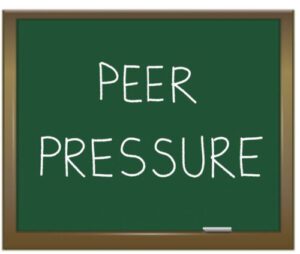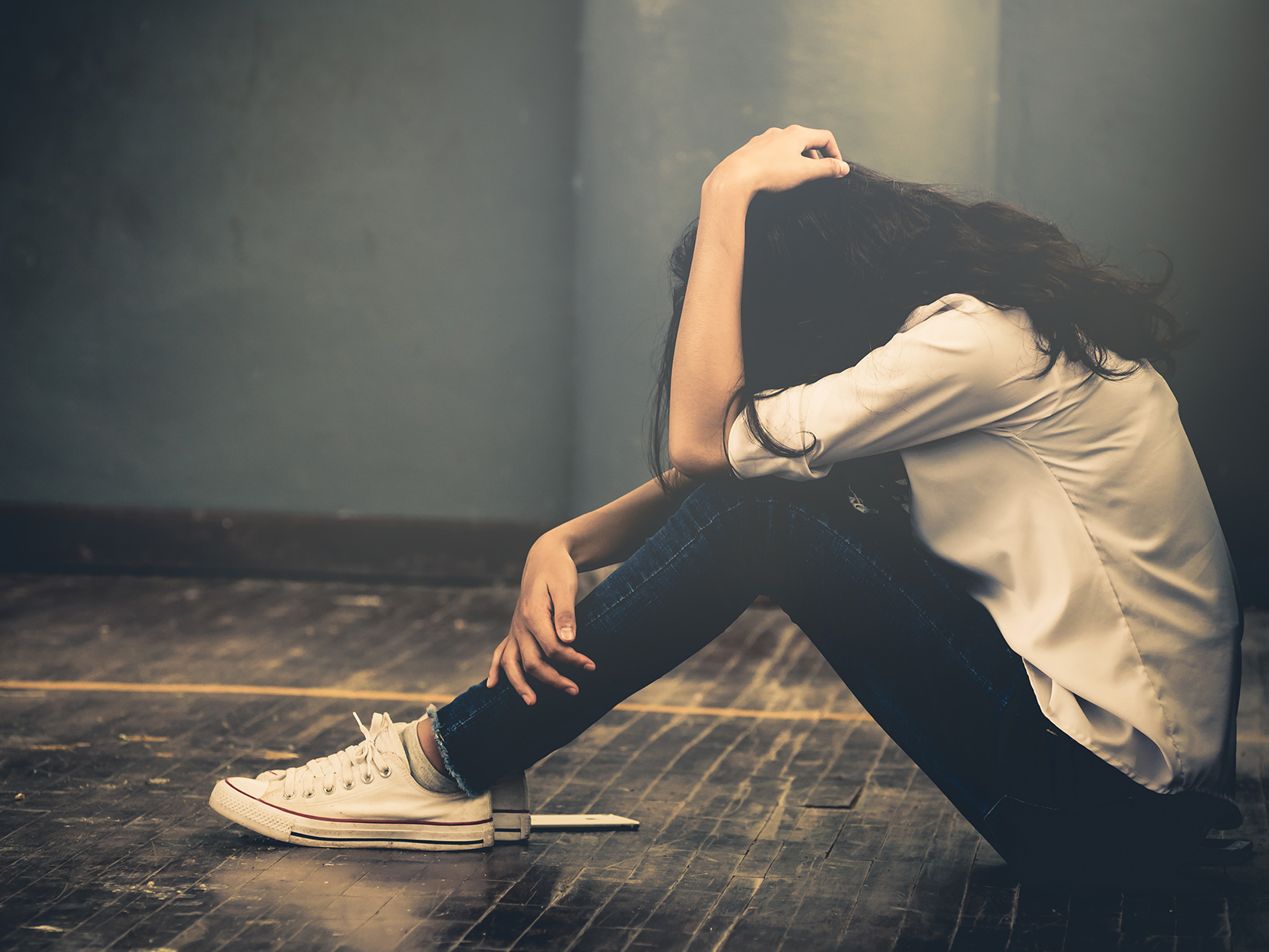
Peer pressure can begin early, take many forms and impact kids negatively. Standing up to peer pressure is often one of the greatest challenges any kid can face. As kids become more independent, they connect with others with similar interests and experiences. No child wants to feel excluded, and no child wants to feel ‘different’. Most children will sometimes feel uncomfortable about either saying yes to something that doesn’t feel right or no to their friends. Learning how to recognise peer pressure and ways to resist it is essential for all school-aged kids…
What is peer pressure?
Peer pressure is all about fitting in. It’s about acceptance. It’s about conforming to a certain dress code, behaviour or preference. Kids of any age can either apply peer pressure or be influenced by their peers. Some kids want to fit in, others want to do what others are doing, and some kids want what others have. There are those kids who don’t recognise peer pressure for what it is, and there are others who are so super-sensitive, they crumble under the weight. It’s important that, as parents, we teach our kids what peer pressure is and isn’t. This is especially important for younger kids to know how to recognise it and how to react.
Peer pressure can be positive
Peer pressure often gets bad press, but peers can play an important role in our kids’ lives. Hanging out with other kids of similar age (or older) provides opportunities for friendship and acceptance. Kids learn about social skills and how relationships are formed and kept. Within a peer group, kids can find encouragement, ask for advice, share experiences and benefit from other kids who set a good example and show leadership. In a positive peer group, kids will often cotton on to another’s risky behaviour or silly decisions and be quick to say so.
… ‘but everyone else is doing it’…
Kids often give in to peer pressure if they’re led to believe this is the only way they’ll keep their friends. A child who is influenced easily may look to others to follow their lead and think it must be OK because everyone else is doing it. Once at school, kids are quickly into all things ‘cool’ – language, clothes, electronic devices and toys. As kids get older, peer pressure can be more subtle: cool kids wear this wristband – let’s laugh at those who don’t; his haircut sucks – let’s not let him into the group.
If we’re hearing ‘everyone else is doing it’, or ‘everyone else has one’, and ‘it’s unfair that I don’t, can’t, am not allowed’…it’s time to sit them down for a bit of chat.
Ways to help our kids handle pressure
When kids are coached on how to stand up to negative peer pressure, their confidence soars. They can recognise peer pressure for what it is and have the courage to say no.
We can help our kids by :
- Building their self-esteem
- Offering genuine praise when it’s appropriate
- Role modelling responses
- Teaching ways to say no and feel comfortable
- Encouraging independence, including developing sound decision-making skills
- Keeping home communication lines open
- Talking about our own experiences
Customarily, kids who are comfortable within themselves do better at resisting peer pressure. They know their opinion matters, that true friends can take no for an answer, and that walking away from risk-taking behaviour is good thinking. They’re also the kids who know how much they mean to us and how much they matter.






